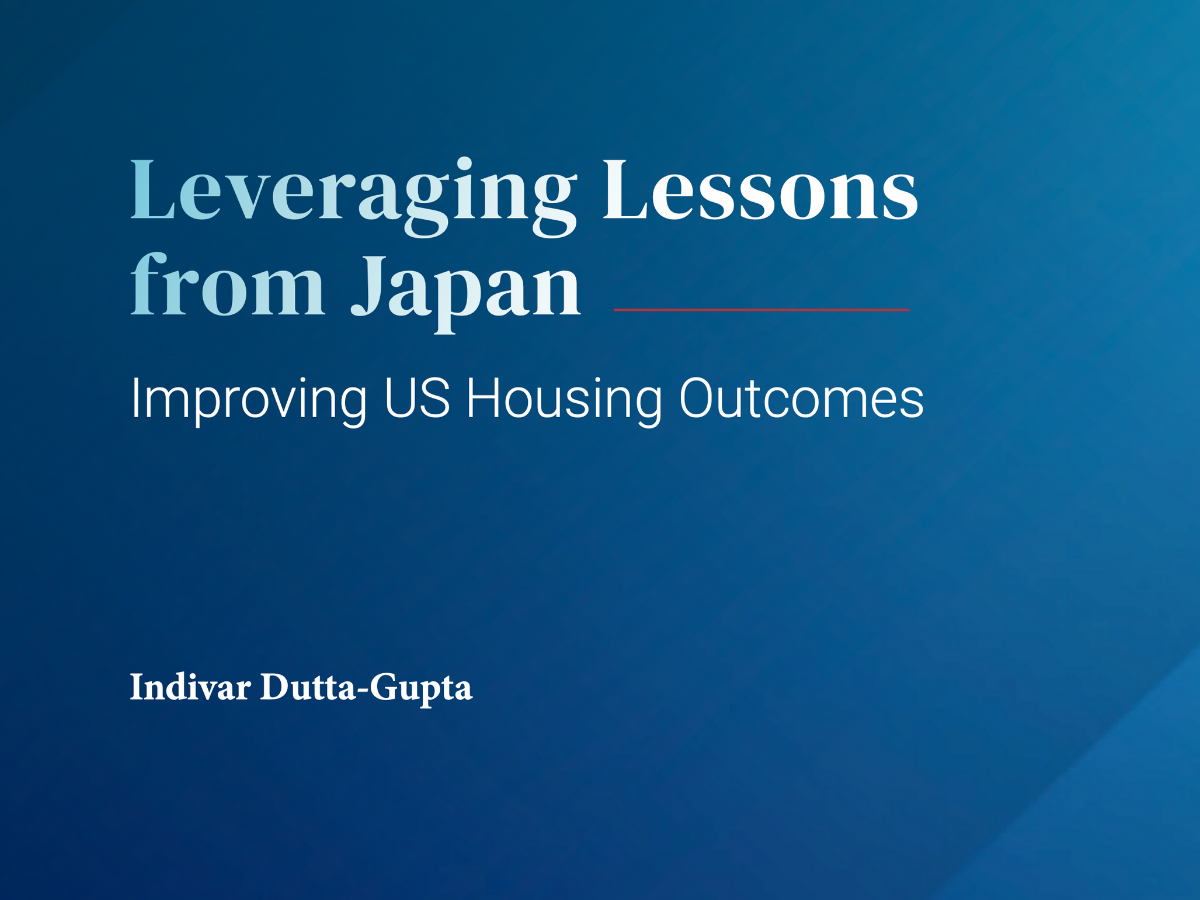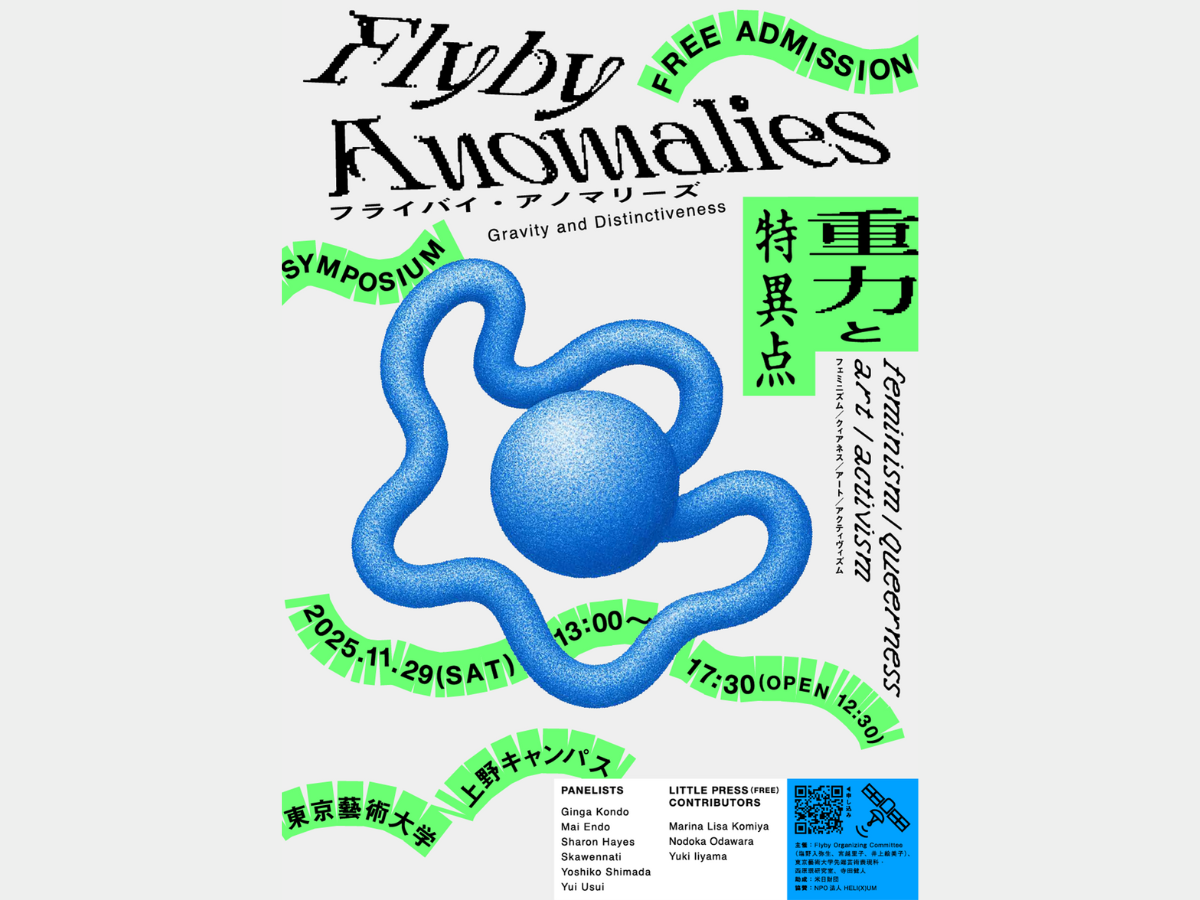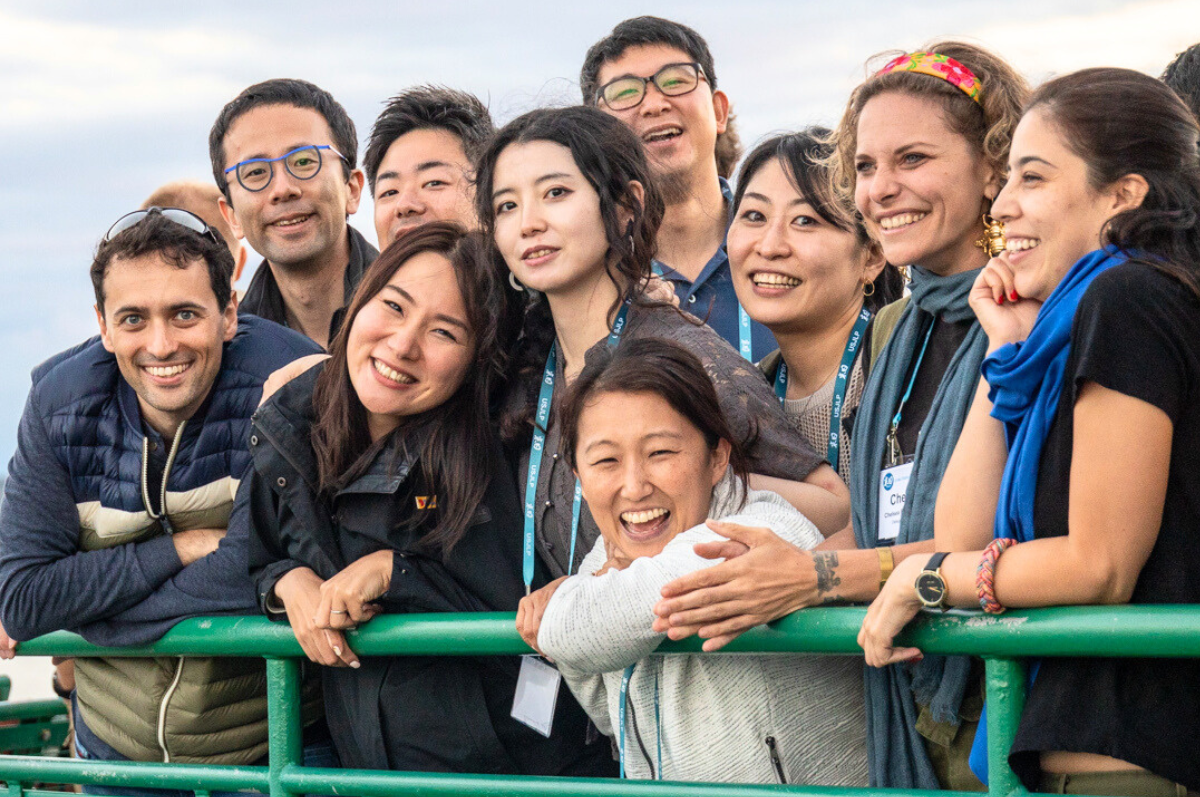The United States-Japan Foundation announced the recipients of its second annual social impact stipends for members of its US-Japan Leadership Program network, for projects seeking impact covering a wide range of topics, including climate change, misinformation, gender bias, and disaster resilience.
The stipend program was created in 2024 to encourage USJLP fellows and delegates to pursue mission-driven projects. Recipients can receive seed money of up to $10,000 as seed money to explore the feasibility of launching a bigger initiative.
This year, 11 stipends were awarded to 18 fellows and delegates, selected from a pool of 26 applications from 35 USJLP members.
The successful applications came from members spanning the 26-year history of USJLP, from one fellow entering in 2001 to delegates who just joined this year.
Here's the full list of 2025 stipend projects:
Strengthening USJF’s Impact: Ten Recommendations to Enhance Grantee Capacity and Fundraising
Ginger Choy (2014, 15)
This research project will deliver ten actionable recommendations for the United States-Japan Foundation to more effectively support the sustainability and growth of its nonprofit grantees. It will focus on two essential pillars of nonprofit success: strategic direction and fundraising capacity. The recommendations will be designed to serve grantees of any size, scope, or stage of development, ensuring that all have access to the tools, resources, and strategies most needed to thrive.
Digital Shuhari: A Culturally Informed Framework for Social Impact
Henry Jake Foreman (1st year delegate 2025)
Shuhari (守破 離) is a Japanese concept of mastery that progresses from following tradition (Shu), to innovating upon it (Ha), to transcending into new forms (Ri). This project applies this philosophy to the digital transformation of the US-Japan Leadership Program (USJLP) and its Fellows' social enterprises. To achieve this, we will employ a rigorous four-phase process: Formative (goal setting), Normative (data collection), Integrative (model creation), and Transformative (evaluation and critique).
Democracy by Story: Building Narrative Power and Confronting Disinformation in Japan and the U.S.
Dave Cavell, Sera Koulabdara (1st Year delegates, 2025)
In an era of sophisticated disinformation, democracies are eroded not only by policy or force, but by story. This project will explore how powerful, truthful storytelling can counter false narratives and strengthen democratic values in both Japan and the U.S. The project leaders will start by co-leading a series of storytelling workshops in Japan with nonprofit leaders, policymakers, educators, institutions, and emerging changemakers, laying the groundwork for an ongoing bi-national storytelling network to equip civil society actors to share resonant, values-driven stories in defense of truth and democracy. The project starts in Japan, where civil society's purpose is not widely understood or tenured, and where there are fewer tools and less expertise in clear storytelling -- a vacuum that anti-democracy forces are exploiting. These workshops will help Japanese leaders tell better stories and inform similar projects in the U.S., where anti-democracy forces have advanced further.
Enhancing Women’s Representation in Japanese Media: A U.S. -Japan Collaboration with SheSource
Mineko Okamoto (2003, 04), Yuka Mizoue (2024,25)
Japanese media still lacks female expert representation in news and public debates, reinforcing gender biases and limiting diverse perspectives. In contrast, the United States has developed successful mechanisms like SheSource, a database run by the Women’s Media Center that connects female experts with journalists, helping amplify women’s voices in the media. Our project aims to explore the feasibility of creating a similar system in Japan by building a partnership between the newly established Japan Women Journalists Association (November 2024) and SheSource.
Advancing Disaster Risk Reduction in a Changing World: Lessons Learned from the Past in the U.S. and Japan—and Investments for the Future
Chloe Demrovsky (2018, 19); Rui Kotani (2013, 14); Toshiya Hoshino (2001, 02)
The U.S. and Japan are uncontested leaders in disaster risk reduction (DRR) and have similar risk profiles, so peer-to-peer learning would be valuable to decision-makers in both countries. Despite having robust systems, both the U.S. and Japan face persistent gaps in local-level capacity, public-private coordination, and the integration of innovation into resilience planning that affect their economic competitiveness and investment profile. Large-scale action is required, and more research is needed to aid decision-makers in directing and right-sizing investments. This project would be an exploratory first step to have conversations with stakeholders in the space and promote peer-to-peer learning across both nations to better determine the need and appetite for further action.
Smart Cities, Policies, and Communities Workshop at Pomona College
Tom Le (2022, 23), Kunihiro Nishimura (2019, 22), Masahiko Haraguchi (2022, 23)
This project explores how smart cities can be better leveraged to address aging and declining populations in Japan, the U.S., and globally. We will host a liberal arts–oriented policy workshop at Pomona College, bringing together Japanese smart city experts and students to produce policy recommendations and a blueprint for sustained social engagement. Following the conference, we will use generative AI to prepare a comprehensive document and produce a special Prof Talk podcast episode, We hope to create a broader discussion on smart cities, demographics, and good governance through various platforms, beginning with this workshop and ending with other deliverables such as peer-reviewed papers, policy notes, a workshop at an institution in Japan, and government-private sector-community engagement.
Rural Surgery Training for Japan–U.S. Disaster & Conflict Readiness
Mototaka Inaba (2023, 24)
Japan faces an acute shortage of surgeons in rural communities, threatening access to essential surgical care and widening disparities between urban and rural populations. The United States has addressed similar challenges through structured Rural General Surgery training programs that prepare surgeons to perform a broad range of procedures in resource-limited settings. Building on these precedents, this project will conduct a comprehensive scoping study to design a Rural General Surgery training model for Japan that incorporates lessons from U.S. programs and integrates disaster and conflict surgery readiness.
Ground Shift Studios
Chelsea Ritter-Soronen (2024, 25)
As cities grow hotter in the wake of the climate crisis, we need imaginative and urgent responses to mitigate the ill effects of urban heat islands. Ground Shift Studios, a new initiative from Chalk Riot, will explore Japan’s surface-cooling strategies to learn what elements may be integrated into United States city planning practices in creative, equitable, and culturally embedded applications.
The U.S.–Japan Future of Matcha Incubator
Roshni Nirody (2022,25), Toru Nanami (2024,25)
The U.S.–Japan Future of Matcha Incubator is a cross-border pilot initiative that responds to an urgent global need: strengthening sustainable matcha production while advancing new health research and community exchange between the United States and Japan. This project will catalyze a year-long exploration of how tea cultivation, traditional Japanese medicinal ingredients, and rural revitalization strategies can intersect to address shared social and economic challenges.
Manga Academy
Kofi Bazzell-Smith (1st year delegate 2025)
The Global Manga Academy will be the first U.S.-based program to provide nationwide access to professional-level training in Japanese manga creation, directly connected to Japan’s industry. The program will scale into two tracks. Track A is an online curriculum in manga drawing and storytelling, introductory Japanese language and aesthetics, and industry practices. Students will produce complete works to professional standards, with options for professional review. Track B is a competitive summer program in Japan. Stipend funding will launch Track A by providing a lesson unit, designing the website, producing a media kit, and outlining academic credit and scholarship processes.
CAFÉ JOYEUX in Central Tokyo
Izumi Tanaka (2016, 19)
Japan has made strides in recognizing and supporting people with Down syndrome but is still far from having an inclusive work environment, and there is little support for those seeking active employment. Employment is not just important for people with Down syndrome but to help us break the stigma around the community. The goal of this project is to create a Japan version of CAFÉ JOYEUX, a nonprofit with outlets in New York and France run by people with Down syndrome -- as a way to start a bigger conversation about what Japan can learn from the U.S. about disability awareness and support, and also what the U.S. can learn from Japan.
November 4, 2025




